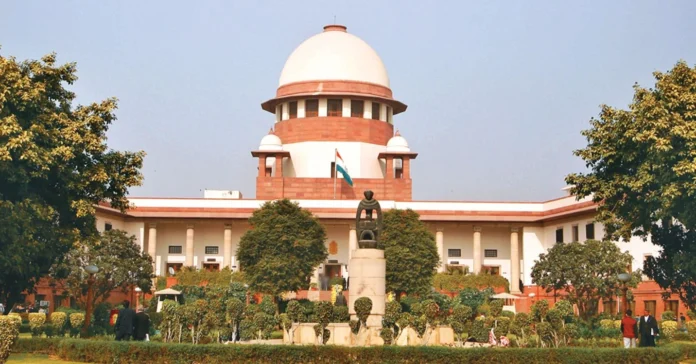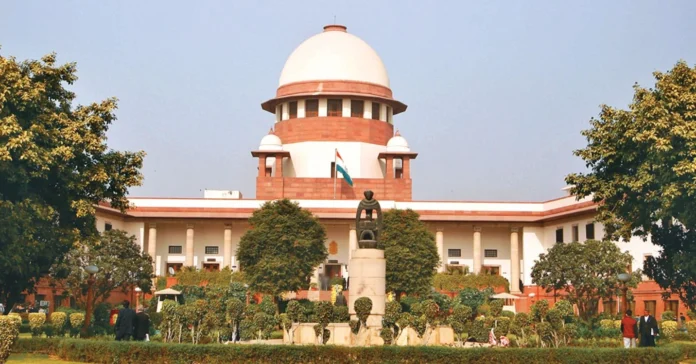The Supreme Court on Wednesday questioned the very logic of allowing Governors to withhold assent to bills indefinitely without returning them to the legislative assembly. The court discussed how unchecked power could reduce democratically elected governments to mere subordinates beholden to the Governor’s discretion.
During hearings on the Presidential Reference, a constitution bench led by Chief Justice of India B. R. Gavai, alongside Justices Surya Kant, Vikram Nath, P. S. Narasimha, and A. S. Chandurkar, interrogated the Solicitor General of India over Article 200’s scope.
The SG argued that the Governor, under Article 200, may grant assent, withhold assent, reserve the bill for the President’s consideration, or return it to the Assembly. He asserted that withholding assent effectively kills the bill—without any requirement to return it for reconsideration.
Rejecting this interpretation, CJI Gavai asked whether withholding without returning could allow a Governor to stall legislation indefinitely, effectively giving them unchecked power. “Would elected governments then exist at the whims of the Governor?” he challenged.
The SG countered by citing past judgments, including the Punjab Governor case, to argue that withholding is distinct and was often misunderstood; he viewed the Punjab ruling as errant. He also offered hypothetical justifications for withholding: laws abolishing reservations, barring individuals from other states, or conferring blanket immunity to cabinets—situations where, he claimed, delaying assent might be constitutionally defensible.
Yet, critics of the SG’s stance warn that treating Governors as independent arbiters in such matters risks eroding the principle of responsible government. Earlier rulings, notably the two‑judge bench in the Tamil Nadu Governor case, had restrictively interpreted Governor’s discretion, underscoring that bills cannot be pocket‑vetoed—they must be returned to the legislature for reconsideration.
As the Supreme Court talks of these constitutional questions, the debate touches on core democratic values. The Governor’s role, many argue, should be limited and accountable and not as a potential stumbling block to the elected legislature.


